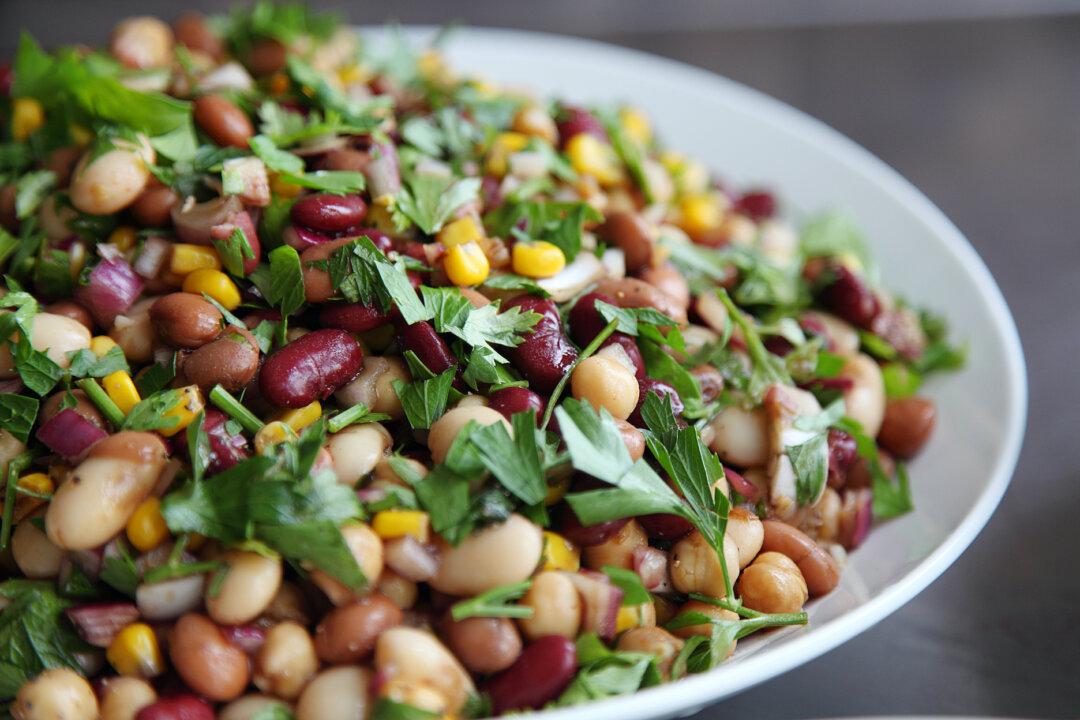Beans, lentils, and split peas are rich in fiber, resistant starch, and plant protein, and they are a low-glycemic carbohydrate source. The health benefits of these legumes sometimes get overlooked, but adding beans to your diet promotes weight loss, cardiovascular health, and insulin sensitivity.
The Microbiome in Action
The human microbiome is a complex collection of bacteria, viruses, fungi, and other microorganisms that inhabit body surfaces, including the skin and digestive tract. The majority of the microbiome lives in the gut, where there are more than 1000 different species of bacteria.The trillions of organisms in the gut microbiome are busy: They produce vitamins, such as K2 and B12, help develop immunity, enhance the benefits of some phytochemicals, and protect against pathogens. The bacteria of the microbiome convert dietary fiber and resistant starch from plant foods into short-chain fatty acids (SCFA) that protect intestinal cells and regulate metabolism. The gut microbiome can even be considered an organ of the human body; without it, the body would not function properly.






